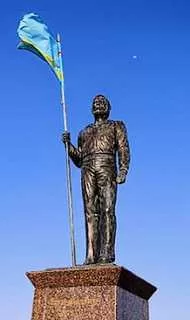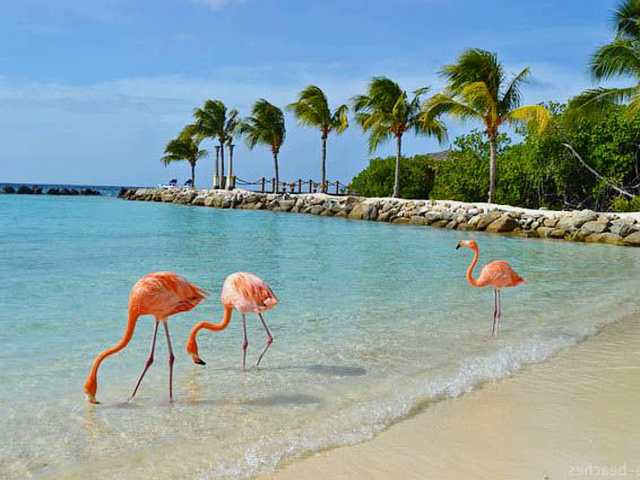Table of contents
Explore the legacy of Gilberto Francois “Betico” Croes, the visionary leader known as the “Father of the Aruban Nation,” and his quest for Aruba’s autonomy, as the island honors his birthday. Despite Croes’s passing, Aruba navigates its unique political journey within the Kingdom of the Netherlands.
Betico Croes: Architect of Aruba’s Autonomy Dream
In the annals of Aruban history, the name Gilberto Francois “Betico” Croes stands as a symbol of visionary leadership, political prowess, and the unwavering pursuit of autonomy. As Aruba commemorates the birthday of the man some affectionately call the “Father of the Aruban Nation,” it’s an opportune moment to delve into the remarkable life and dreams of Betico Croes.

The Man Behind the Vision
Born in 1938, Betico Croes dedicated his life to the cause of Aruba’s autonomy. His vision went beyond mere political aspirations; he envisioned Aruba as an independent and autonomous nation, free from the constraints of the Netherlands Antilles. A fervent patriot, Croes spearheaded a political movement, designed a national seal and flag, and co-wrote the island’s anthem, infusing the Aruban identity with pride and purpose.
The Political Battle for Autonomy
Croes’s dream wasn’t just rhetoric; he took concrete steps to transform Aruba’s political landscape. He played a pivotal role in drafting the island’s constitution and tirelessly advocated for a referendum on Aruba’s independence. The overwhelming support, with 83% of the islanders voting in favor, underscored the resonance of Croes’s vision among the Aruban people.
A Tragic Turn of Events
However, fate dealt a cruel blow to Croes’s aspirations. Following a triumphant return from a conference where plans for Aruba’s autonomy were discussed, Croes met with a tragic automobile accident. The visionary leader slipped into a coma and, almost a year later, succumbed to his injuries, leaving Aruba mourning the loss of a charismatic and determined leader.
Continuing the Battle: Aruba’s Unique Autonomy
Betico Croes’s famous words, “If I die in the field, grab the flag and continue the battle,” echoed in the hearts of Arubans as they navigated the complex path to autonomy. Aruba did achieve separation from the Netherlands Antilles on January 1, 1986, but the dream of full-fledged independence was deferred. Instead, Aruba became an autonomous country within the Kingdom of the Netherlands, alongside Curaçao, Sint Maarten, and the Netherlands.
Aruba Today: A Blend of Autonomy and Partnership
As Aruba celebrates Betico Croes’s birthday, it stands as a testament to his enduring impact. The island, basking in sunlit beaches and thriving tourism, retains its autonomy within the kingdom. While the dream of complete independence was once on the horizon, Aruba’s unique status allows it to chart its course with its own parliament, intertwined with the Netherlands for foreign policy and defense.
Betico Croes may not have witnessed the complete realization of his dream, but his legacy lives on in every Aruban celebrating the progress, identity, and autonomy he passionately advocated for.

